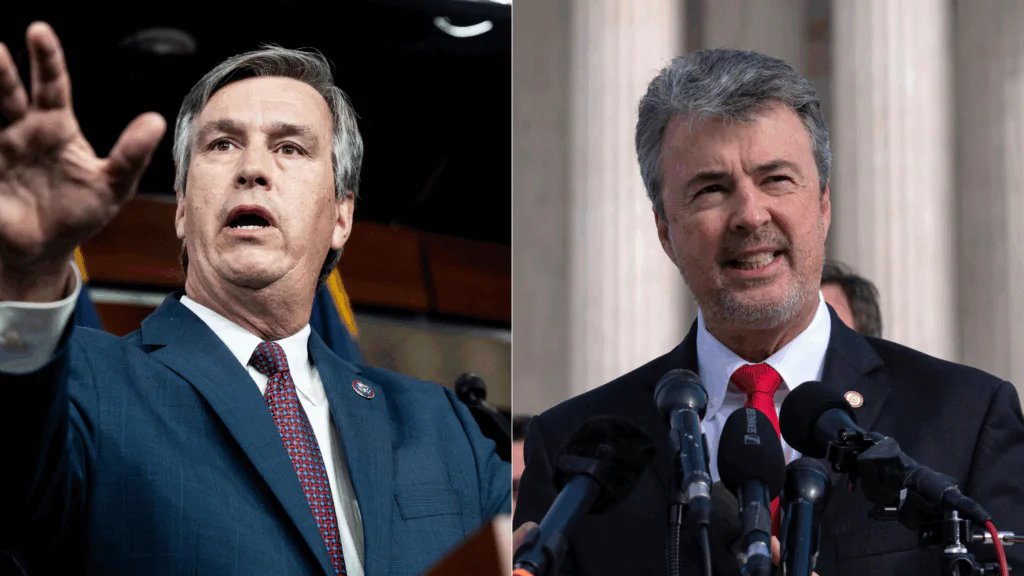Trump’s Executive Order on College Sports
President Donald Trump has issued an executive order focusing on names, images, and likenesses (NIL) in university sports. This step represents a significant move toward establishing regulations in a system that has often seemed chaotic.
The order aims to safeguard student-athletes’ scholarships and opportunities, including those related to the Olympics and unique aspects of university sports, as outlined in a recent White House release.
Critics have long argued that NIL could threaten non-revenue sports at universities. Trump’s order seems to address these concerns right from the start.
Notably, the executive order has received endorsements from significant figures in Alabama, such as former Crimson Tide head coach Nick Saban and current athletics director Greg Byrne.
Byrne expressed his support via a post on his social media account, while Saban praised the initiative during a recent appearance on Fox News.
Byrne stated, “The University of Alabama commends President Trump’s executive order, which supports a sustainable model for intercollegiate athletics. We take pride in our track and field programs and advocate for future regulations that maintain opportunities for our student-athletes.”
Saban also offered his approval, saying, “I believe this executive order is a significant step toward fostering the educational model we’ve always aimed for, creating opportunities for all athletes, both revenue-generating and non-revenue.” He called for a decision on whether to support an educational framework or treat university teams as professional franchises, likely recognizing that most would prefer the former.
As college sports evolve, particularly in soccer and basketball, there’s been ambiguity about whether players are students or employees. This ongoing debate could shape the future of college athletics.
However, Trump’s order appears to disrupt this momentum, stressing education-based systems and non-profit athletics, in line with what Saban articulated.
One voice of skepticism has come from Ross Dellenger, a prominent college football reporter, who commented on the actual impact of the executive order. He cautioned that while it might not be revolutionary, it holds importance in the conversation surrounding college sports.
Additionally, he noted that statutory law would provide a more lasting solution compared to executive orders. “I wish I could say this will change everything, but I’m not convinced that it will,” he remarked.
Interestingly, U.S. Congressman Shomali is pushing for laws that have been stalled in the House Committee, potentially paving the way for real and lasting change. The legislation aims for similar goals as Trump’s order, possibly making it even more impactful.
It’s clear there’s a long road ahead for regulating college sports, but trends suggest a shift toward more structured governance. Significantly, those involved in collegiate athletics appear to favor these initial steps.







